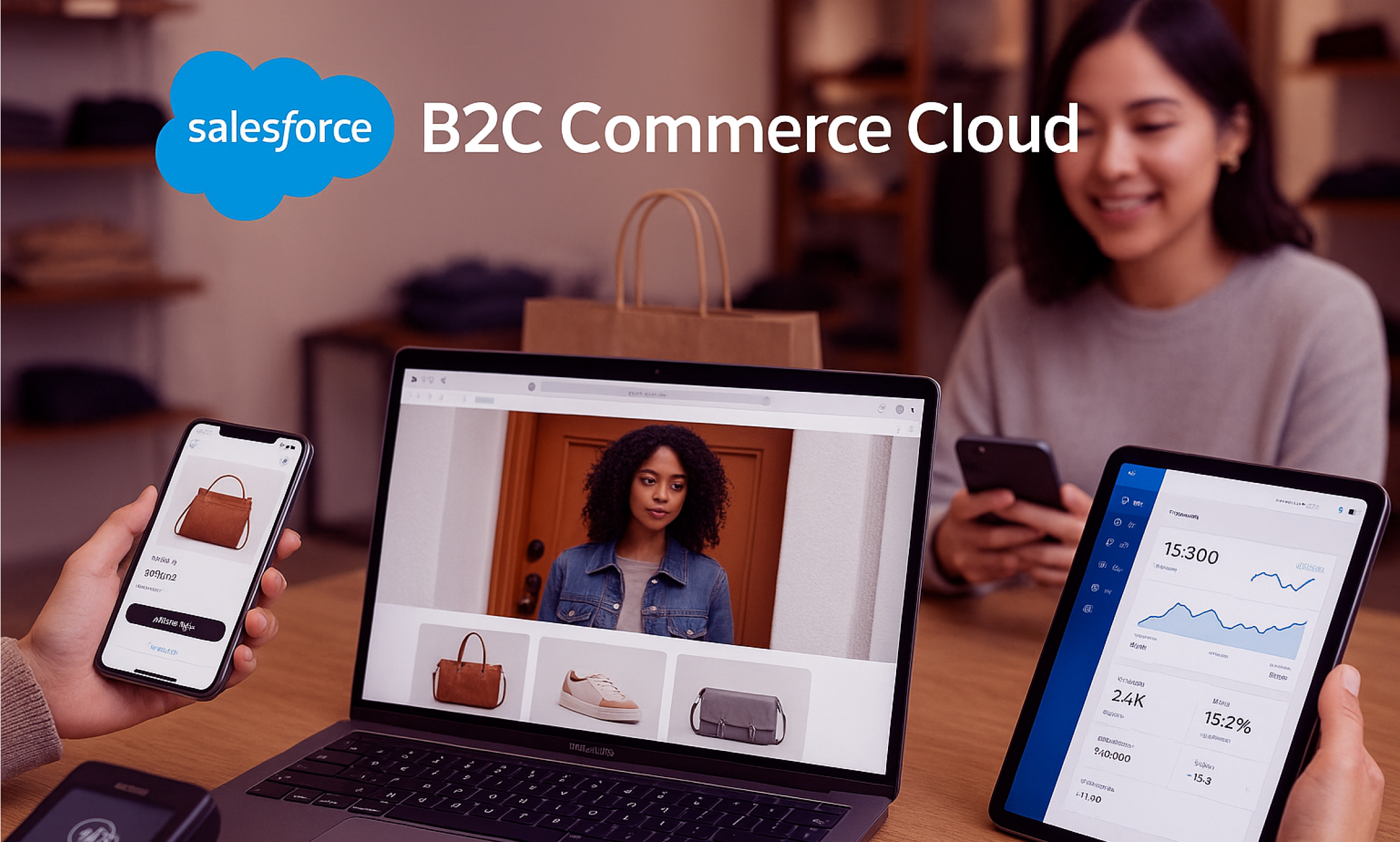Adapting to a Rapidly Changing Retail Landscape
Do you own retail business? It sure means learning how to be scrappy, adapting your business to the changing times and making the most of what you have. E-commerce space continues to grow at rapid speeds, causing brick-and-mortar businesses to suffer. 662 retail companies had filed for bankruptcy in 2017 as per a report published by CNN. Still, can you imagine walking down Madison Avenue in New York and not seeing any storefronts?
Embracing Technology to Stay Ahead
For most of the traditional companies – adapting to changing times is still looked at like a herculean task. However, we do not realize that technology could make our lives a lot easier. It could certainly reduce manual labor and time taken when you automate your retail business using the latest technologies that are available. Manual order booking, inventory management, marketing, etc. can be automated. You can manage multiple stores across locations from anywhere with a click of a button.
Cutting Through the Buzz – Starting with the Right Tech
We are neither speaking about AI that could identify clothes and tag it nor the ones that do styling/designing to suit consumer trends. We are also not talking about IoT or Phygital technologies. These are absolutely possible for both small and big sized retails.
Powering Retail with Salesforce Commerce Cloud
But firstly, let’s start with the right Retail technology to help you attract more visitors and convert more sales using B2C e-commerce applications like Salesforce Commerce Cloud and the likes. Salesforce Commerce Cloud (Demandware) runs more than 3,000 sites in 53 countries, with more than $21 billion in gross merchandise value processed through the platform in 2017.
End-to-End E-commerce Enablement
For a pure-play B2C retailer, Salesforce Commerce Cloud enables not only online presence but also extends it to stores to be connected with your in-store apps and POS devices.
Salesforce acquired CloudCraze for B2B and Demandware for B2C related offerings. This shows Salesforce.com’s intention of providing an end-to-end e-commerce suite for retailers. Packed with features to attract and convert visitors, like predictive sort and Einstein AI that could analyze and offer what consumer would be interested in. In this blog we will discuss about B2C, however, we have a separate blog on B2B Commerce Cloud and its benefits.
Personalization is the future of digital commerce. An analysis of 150+ million shoppers and 250+ million site visits reveal the true impact of AI on revenue.
Industry Voices – Salesforce’s Vision
At September 2018 press release, Mike Micucci, CEO, Commerce Cloud, Salesforce has mentioned
Retail Success Stories with Salesforce
Take from the famous B2C retailers –
Marks and Spencer are an example of a retailer leveraging Einstein to drive a significant lift in GMV. With AI-powered product recommendations, Marks and Spencer drove an 11 percent higher interaction rate than its previous recommendation engine.
And, using the Salesforce B2C Commerce platform means retailers like Puma can streamline mobile shopping and increase conversion all while getting to market faster. Since re-launching its sites in July 2017, Puma’s mobile sites now render and fully load 35 percent and 69 percent faster, respectively, resulting in sub-two second image-load times on the product detail page. The conversion has improved from sub 1 percent to 1-1.5 percent.
A Quick Look at the Benefits-
- Mobile-first shopping experiences
- Extend digital commerce into the store
- Empower customer service teams with real-time access to digital storefronts and order history
- Personal recommendations with AI-powered recommendations
- Centralized view of products vs pricing across multiple sites, languages and currencies
- Leverage social extensions
- SEO optimization — from product pages and categories to metadata and images
Partnering with the Right Expert
The Salesforce Commerce Cloud Consultant will be able to understand your business vision and implement Salesforce CC solution to suit your needs. You could leverage all that’s packed under its hood to take your Retail business to the next level. Talk to your local e-commerce solution provider to understand how quickly your business could adopt and grow in the long run with Salesforce Commerce Cloud Managed Services.
Ready to take your business to the next level? Partner with Zivoke’s experts today! Contact Us



